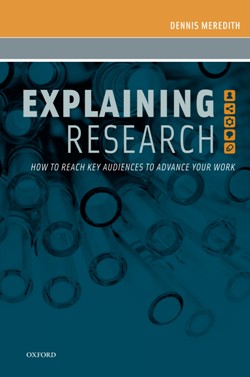 |
**__Related stories:__***linkurl:Creation: The good, the bad, and the ugly;http://www.the-scientist.com/news/display/57125/
[29th January 2010]*linkurl:A review of Extraordinary Measures;http://www.the-scientist.com/blog/display/57091/
[22nd January 2010]*linkurl:Hollywood in Antarctica;http://www.the-scientist.com/news/display/55097/
[17th October 2008]*linkurl:Science on the silver screen;http://www.the-scientist.com/blog/display/54830/
[10th July 2008]












